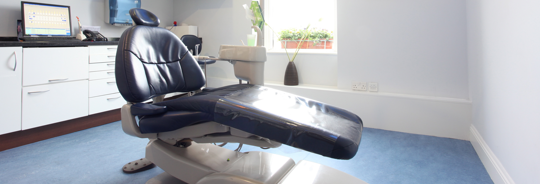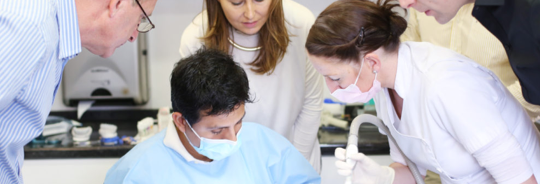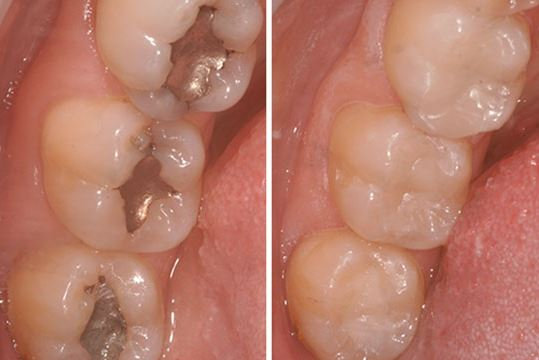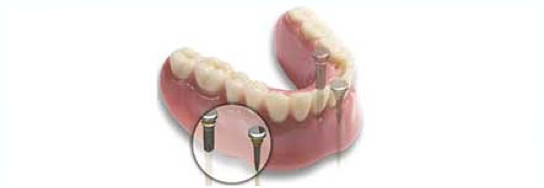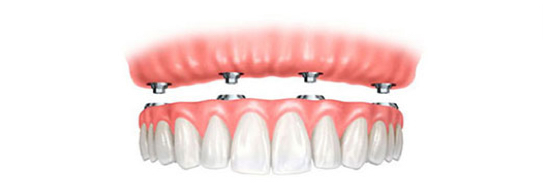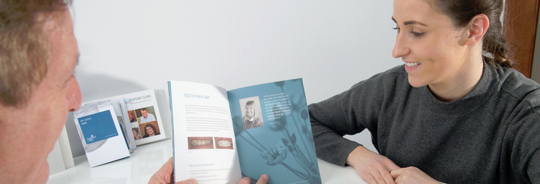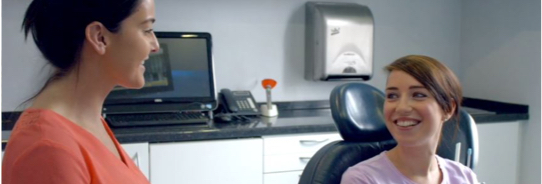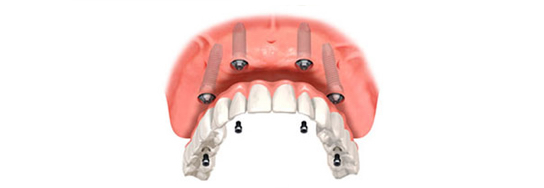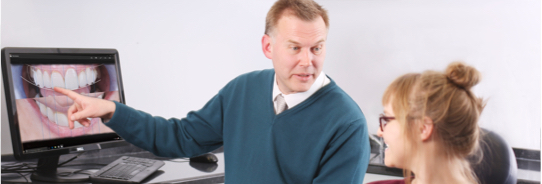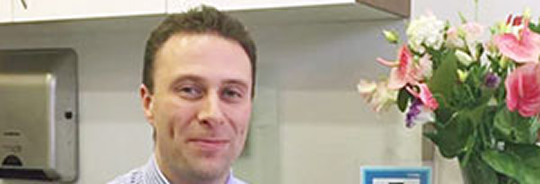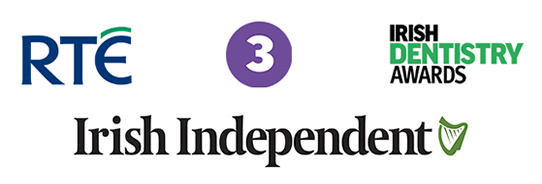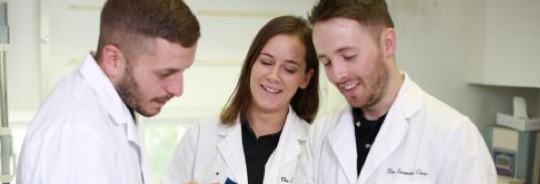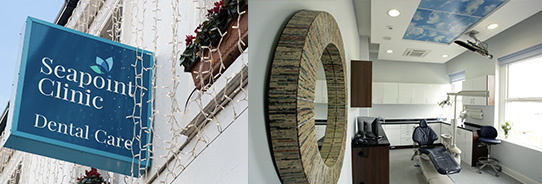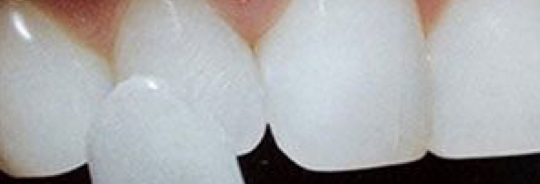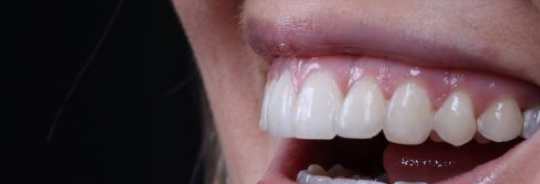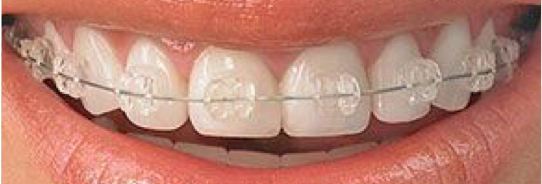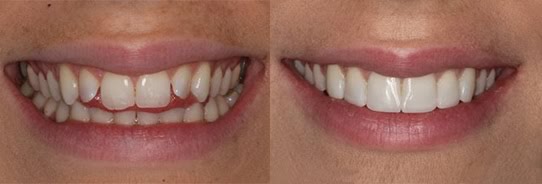
Blog
We post all the latest information here regularly so it's always up to date for you. If there is a topic you would like to have us cover please ask.
19 May 2023
Dental Emergency Preparedness: What to Do When Dental Problems Strike

Dental emergencies can occur suddenly and result in significant pain and discomfort. Whether it's a severe toothache, a broken tooth, or a knocked-out tooth, knowing how to react promptly and appropriately is crucial for preserving your dental health. In this blog post, we aim to provide you with essential advice and guidance on dental emergency preparedness, equipping you to effectively handle dental issues as they arise.
- Recognising Dental Emergencies: It is essential to understand what qualifies as a dental emergency. We will explain common situations that warrant immediate attention, such as severe toothaches, broken or chipped teeth, knocked-out teeth, dental abscesses, and injuries to the mouth or jaw.
- Immediate Steps to Take: Toothache: Rinse your mouth with warm water, gently use dental floss to remove any food particles, and apply a cold compress to reduce swelling. Broken or Chipped Tooth: Rinse your mouth and the broken pieces with warm water, save any fragments, and cover sharp edges with dental wax or sugarless gum. Knocked-Out Tooth: Hold the tooth by the crown, rinse it gently without scrubbing, and try to reinsert it into the socket or store it in a cup of milk or saliva until you can see a dentist.
- Contacting Emergency Dental Care: If you find yourself in need of emergency dental care, you can easily reach out to Dublin Emergency Hospital for immediate assistance. We understand the urgency of dental emergencies and the importance of prompt treatment. To access their services, simply follow this link here, where you will find their contact information and an option to request emergency dental care.
- Managing Pain and Discomfort: When it comes to managing dental pain and discomfort before seeking professional treatment, there are several home remedies and over-the-counter options that can provide temporary relief. One effective method is applying a cold pack or ice wrapped in a thin cloth to the affected area. The cold temperature can help reduce inflammation and numb the area, providing temporary pain relief. Additionally, over-the-counter painkillers such as paracetamol or ibuprofen can be taken according to the recommended dosage to alleviate pain and reduce swelling. Another option is using numbing gels or oral analgesics that contain benzocaine, which can temporarily numb the area and alleviate discomfort. However, it's important to note that these remedies are temporary solutions, and it is essential to seek professional dental care as soon as possible to address the underlying issue causing the pain.
- Prevention and Preparedness: Prevention and preparedness play a crucial role in reducing the risk of dental emergencies. Maintaining good oral hygiene is paramount to preventing various dental issues. Regular brushing, flossing, and using mouthwash help remove plaque and bacteria, reducing the likelihood of tooth decay, gum disease, and infections. It is equally important to schedule routine dental check-ups to detect any potential problems early on. For those involved in sports activities, using protective mouthguards is essential. Custom-fitted mouthguards provide a cushioning effect, minimising the risk of tooth fractures, dislodgment, and soft tissue injuries. Wearing a mouthguard can safeguard your teeth during contact sports or activities with a higher risk of dental trauma.
Furthermore, it's vital to be mindful of what we chew. Avoiding hard objects like ice, unpopped popcorn kernels, or pen caps can prevent dental fractures or damage to existing dental restorations. Applying caution when biting or chewing hard foods can significantly reduce the chances of dental emergencies. - What to Expect at the Emergency Dental Visit: When visiting an emergency dental clinic, it's helpful to have an understanding of what to expect during your appointment. Upon arrival, you will be greeted by the dental staff, who will assess the nature and severity of your dental emergency. They will conduct a thorough examination of your teeth, gums, and mouth to determine the appropriate course of action. X-rays may be taken to get a clearer picture of the issue. Depending on the specific dental emergency, the dentist may perform various procedures to address the problem.
For instance, if you have a severe toothache, the dentist will carefully examine the affected tooth, checking for signs of decay, infection, or other underlying issues. They may clean the area to remove any debris or bacteria and provide temporary relief through techniques such as drainage or medication.
In cases of a broken or chipped tooth, the dentist will assess the extent of the damage and decide on the most suitable treatment. This may involve smoothing rough edges, applying dental bonding or filling, or, in more severe cases, considering a dental crown or veneer.
If you have a knocked-out tooth, immediate action is crucial. The dentist will examine the tooth and the surrounding area to determine if it can be saved. They may attempt to reinsert the tooth into the socket and stabilise it with splints or wires. In some cases, if the tooth cannot be reinserted, they may discuss options for tooth replacement, such as dental implants or bridges.
Throughout your emergency dental visit, the dentist and staff will ensure you are comfortable and informed about the procedures being performed. They will address any questions or concerns you may have and provide instructions on post-treatment care and follow-up appointments if necessary. It's important to remember that each dental emergency is unique, and the procedures and treatments may vary based on individual circumstances. The goal of the emergency dental visit is to alleviate pain, address the immediate concern, and create a plan for ongoing dental care. Rest assured that the dental professionals at the emergency clinic are dedicated to providing prompt and effective treatment to restore your dental health and well-being.
7. Dental First Aid Kit Essentials: Assembling a dental first aid kit is a wise step in preparing for dental emergencies. Having essential items readily available can help manage pain and provide temporary relief until professional dental care is accessible. Your dental first aid kit should include sterile gauze, which can be used to control bleeding by applying gentle pressure to the affected area. A small container with a lid is useful for preserving any dislodged tooth fragments or objects that may have caused dental trauma. Dental wax is beneficial for covering sharp edges of broken teeth or orthodontic appliances to prevent further irritation or injury. Including over-the-counter pain relievers in your kit, such as paracetamol or ibuprofen, can help alleviate discomfort while awaiting professional treatment. Lastly, it is vital to include the contact information of emergency dental care providers, ensuring that you can swiftly reach out for assistance during an urgent dental situation. By having a well-stocked dental first aid kit, you can be better prepared to handle dental emergencies and provide immediate care when needed.
Experiencing a dental emergency can be unsettling, but being prepared and knowing how to react can significantly alleviate pain, mitigate complications, and preserve your teeth. By following the guidance provided in this blog post, you will be equipped with the necessary knowledge to effectively manage dental emergencies and seek timely professional care, safeguarding your oral health. It's important to remember that prevention is paramount, but being aware of the appropriate actions during a dental emergency can truly make a significant impact.
If you find yourself in a dental emergency and require immediate assistance, we are here to assist you. We understand the urgency of such situations and have made it easy for you to book an emergency appointment through our online platform. To access our dedicated booking page for dental emergencies, simply click on the provided link. Our user-friendly interface allows you to select the earliest available appointment slot that suits your schedule. By providing your details and a brief description of your emergency, our team will be well-prepared to address your specific needs upon your arrival. You can have peace of mind knowing that our skilled and experienced dentists will provide prompt and compassionate care to alleviate your pain and effectively resolve your dental emergency. Do not hesitate to contact us via the booking link, and we will be ready to provide you with the immediate attention you require.


